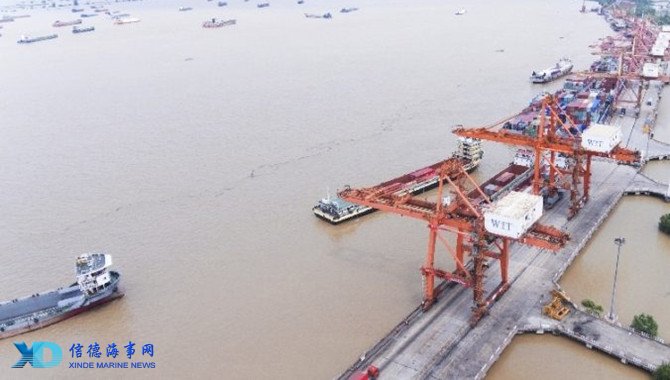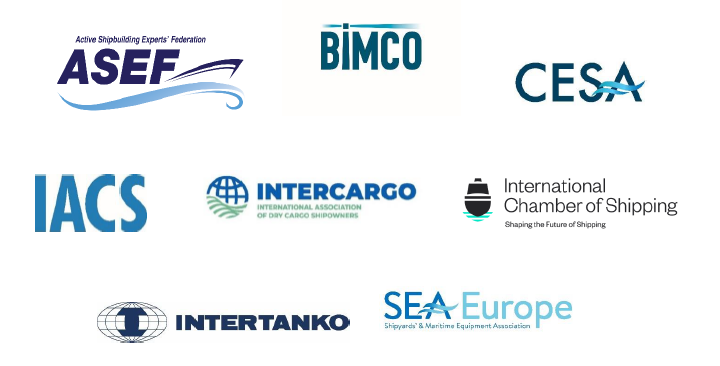
Sources at China’s Maritime Safety Administration (MSA), the country intends to ban the use of open-loop scrubbers along its rivers. MSA officials are likely to announce the ban in the new year, while no long-term decision has been made on open-loop scrubber usage at China’s coastal ports.
China has been cracking down on its marine pollution recently, introducing emission control areas ahead of the 2020 global sulphur cap.
China’s rivers are among the world’s most cargo intensive. The Yangtze, for instance, which splits China’s north and south regions, saw throughput on its main waterway reach 2.5bn tonnes in 2017, up 8.2%, cementing its position as the world’s busiest inland waterway.
An open-loop scrubber uses seawater as the medium for cleaning or scrubbing the exhaust. Seawater is normally supplied by a dedicated pump. CO2 dissolves in seawater forming carbonic acid, bicarbonate or carbonate ions depending on the pH. In a closed loop-type scrubber, meanwhile, treated water is circulated through the scrubber to keep the scrubbing process independent of the chemistry of the waters through which the vessel is sailing.
Open-loop scrubbers are currently banned in Belgium, California, Massachusetts and along Germany’s Rhine river with news on Friday that Singapore will ban the technology from operating in its busy waters from January 1, 2020.






